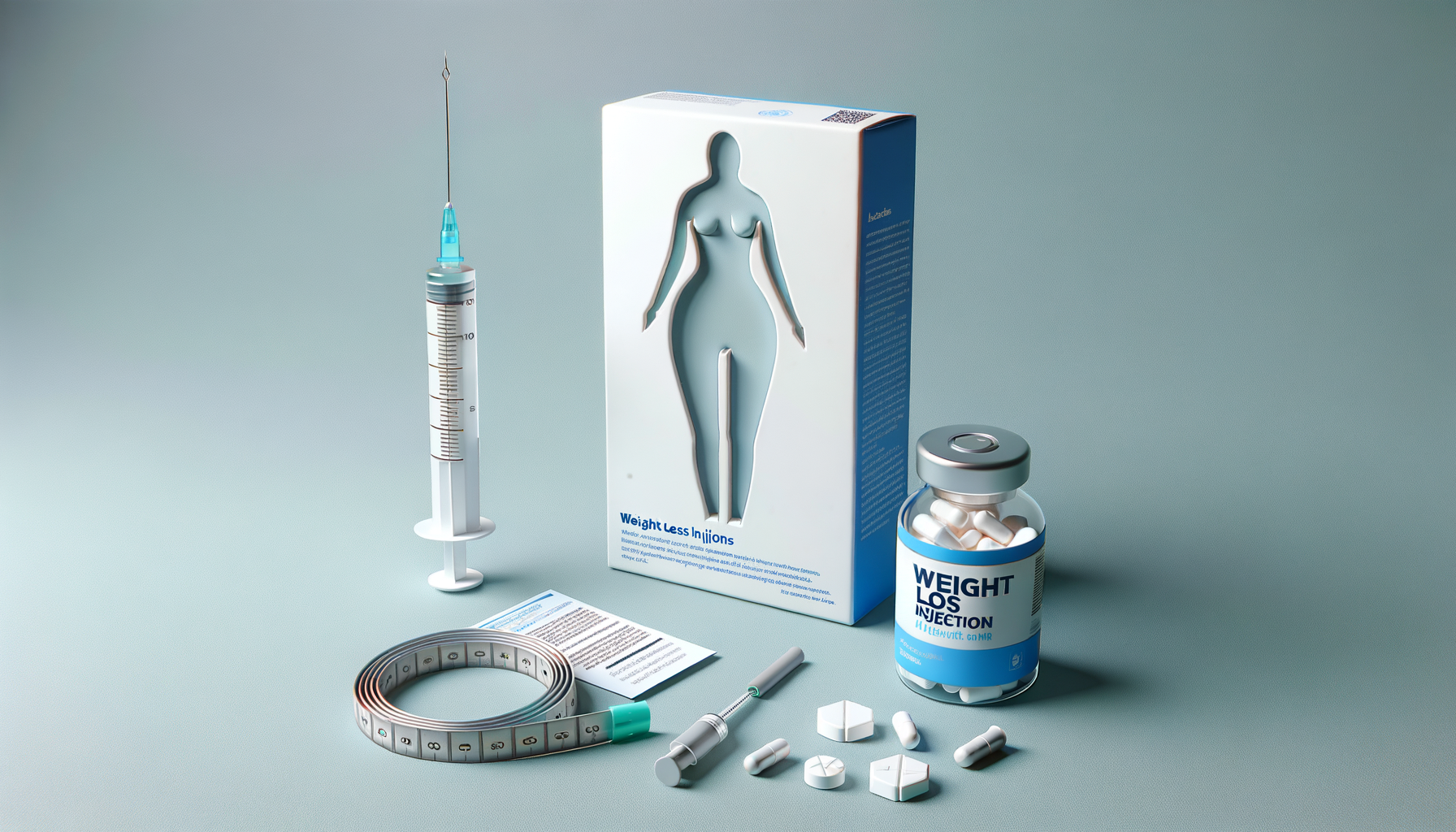
Weight Loss Injections in Australia: Aiding Body Fat Reduction
The Science Behind Weight Loss Injections
Weight loss injections have gained attention in Australia as a potential aid in the battle against obesity. These injections typically contain compounds that mimic hormones involved in appetite regulation and metabolism. One of the most common ingredients is a glucagon-like peptide-1 (GLP-1) receptor agonist, which is known to promote a feeling of fullness and reduce hunger. By slowing gastric emptying and stimulating insulin secretion, these injections may help control blood sugar levels and reduce calorie intake.
Research has shown that when combined with a balanced diet and regular exercise, weight loss injections can lead to a significant reduction in body weight. A study published in a reputable medical journal indicated that participants using these injections lost an average of 5-10% of their initial body weight over a period of several months. This level of weight loss can have meaningful health benefits, including improved cardiovascular health and reduced risk of type 2 diabetes.
It’s important to note that while weight loss injections can be effective, they are not a standalone solution. They work best as part of a comprehensive weight management plan that includes lifestyle changes. Potential side effects, such as nausea and digestive issues, should also be considered and discussed with a healthcare provider before starting the treatment.
Comparing Weight Loss Injections to Other Methods
When considering weight loss strategies, it’s crucial to weigh the pros and cons of various approaches. Weight loss injections offer a unique mechanism of action compared to traditional methods like diet and exercise alone. Unlike surgical interventions, such as gastric bypass, injections are non-invasive and can be administered with minimal disruption to daily life.
Diet and exercise remain the cornerstone of weight management, but for some individuals, these methods alone may not be sufficient. Weight loss injections can provide an additional tool for those struggling to achieve their goals. In comparison to oral medications, injections may offer more consistent absorption and effectiveness, as they bypass the digestive system.
However, the cost of weight loss injections can be a barrier for some individuals. They may not be covered by insurance, requiring out-of-pocket expenses. Additionally, the commitment to regular injections and potential side effects must be considered. It’s essential for individuals to consult with healthcare professionals to determine the most suitable approach based on their personal health profile and weight loss objectives.
Are Weight Loss Injections Right for You?
Deciding whether weight loss injections are the right choice involves careful consideration of individual health needs and goals. These injections may be particularly beneficial for individuals with a body mass index (BMI) over 30, or those with a BMI over 27 who have obesity-related health conditions, such as hypertension or sleep apnea.
Before starting any weight loss injection regimen, it’s crucial to have a thorough discussion with a healthcare provider. They can assess your medical history, current medications, and overall health to determine if this option is appropriate. It’s also important to set realistic expectations; while injections can aid in weight loss, they are not a magic solution and require commitment to lifestyle changes.
For those who decide to proceed, a supportive network can enhance success. Engaging with a nutritionist, joining support groups, and maintaining regular follow-ups with healthcare providers can provide motivation and accountability. By taking a holistic approach, weight loss injections can be a valuable part of a broader strategy to achieve and maintain a healthy weight.


